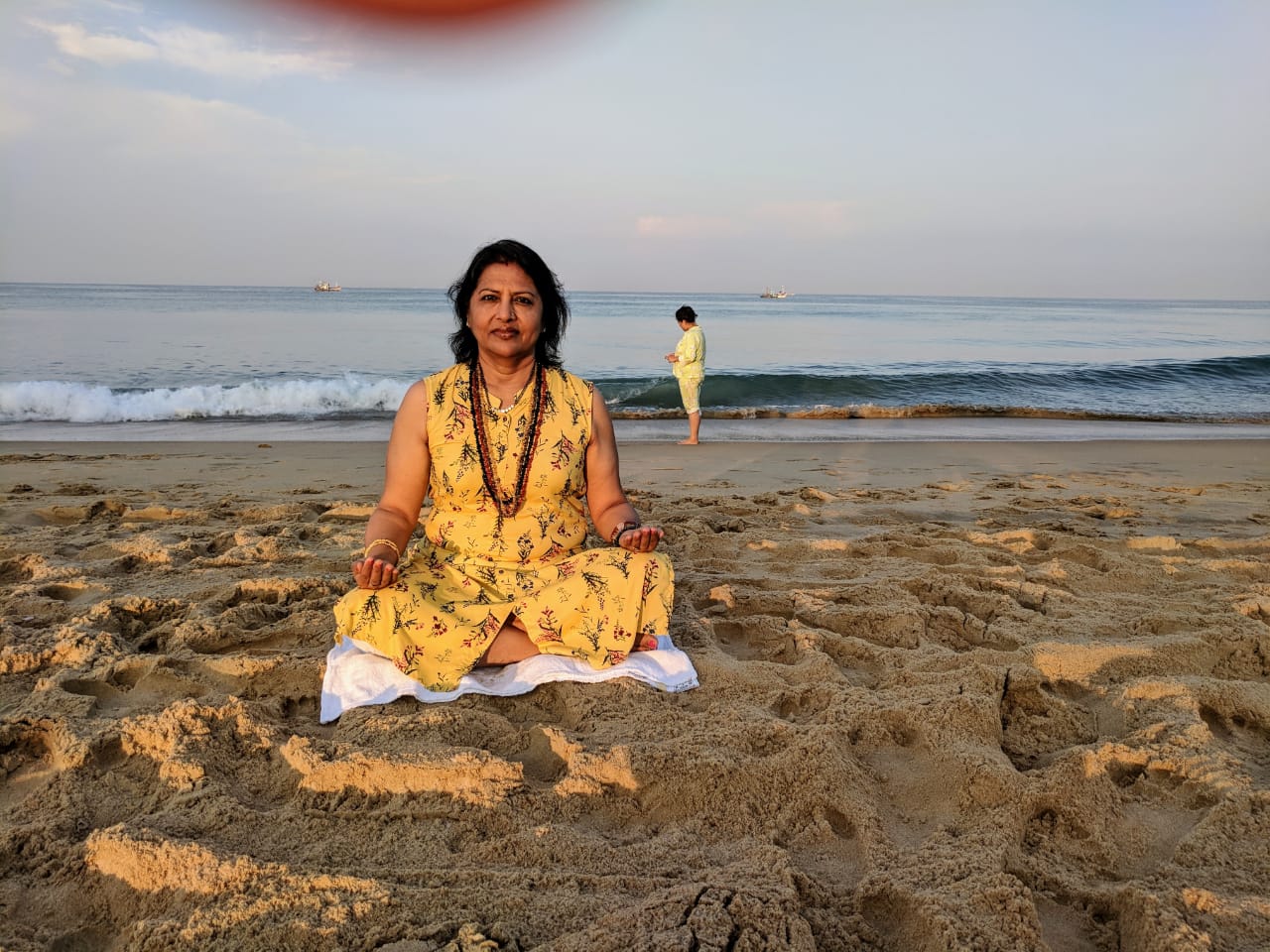
In a world that glorifies busyness and hustle, saying “yes” often feels like a badge of honor. But constantly agreeing to every request, invitation, or obligation can slowly chip away at your peace, time, and energy. Learning to say no without guilt isn’t just a boundary—it’s a powerful act of self-care, and it’s essential for building a stress-free life.
Why Is Saying No So Hard?
Many of us struggle with saying no because:
- We fear disappointing others.
- We want to be seen as reliable or helpful.
- We feel guilty for prioritizing ourselves.
- We worry that saying no will lead to conflict or rejection.
But here’s the truth: constantly saying yes out of guilt leads to resentment, burnout, and stress. On the flip side, saying no with kindness and confidence frees up space for what truly matters.
The Power of Saying No
When you learn to say no:
- You protect your energy and mental health.
- You create time for things that align with your goals.
- You build respect by being clear and honest.
- You strengthen relationships—because authenticity fosters trust.
How to Say No Without Feeling Guilty
Here are some practical ways to master the art of saying no, guilt-free:
1. Pause Before You Answer
It’s okay not to give an immediate response. Say, “Let me check my schedule and get back to you.” This gives you time to assess whether it’s something you truly want or can do.
2. Be Honest, Not Harsh
You don’t need a dramatic excuse. A simple, polite no is enough:
- “I really appreciate the offer, but I’ll have to pass this time.”
- “Thanks for thinking of me, but I’m focusing on other priorities right now.”
3. Practice Assertiveness, Not Aggression
Being assertive means respecting both your needs and the other person’s feelings. You can say no with warmth and clarity without being cold or defensive.
4. Use the “Sandwich” Technique
This is a communication trick where you sandwich your “no” between two positive statements:
- “That sounds like a great project. I’m not able to take it on right now, but I hope it goes really well!”
5. Let Go of Guilt
Remind yourself: saying no doesn’t make you selfish. It makes you self-aware. The guilt you feel is often rooted in unrealistic expectations or people-pleasing habits—and you don’t owe anyone your constant availability.
What Happens When You Start Saying No
When you begin saying no with confidence:
- People respect your boundaries more.
- You have more control over your time.
- You begin to feel lighter, more focused, and less anxious.
- You start saying “yes” only to things that truly matter—and that’s powerful.
Final Thought
Learning to say no without guilt is like exercising a muscle. It feels awkward at first, but with practice, it becomes second nature. And once you master it, you’ll unlock one of the most liberating skills in the journey toward a stress-free, balanced life.
So the next time your gut says “no,” listen—and honor it. That’s not being rude or selfish. That’s being real.










